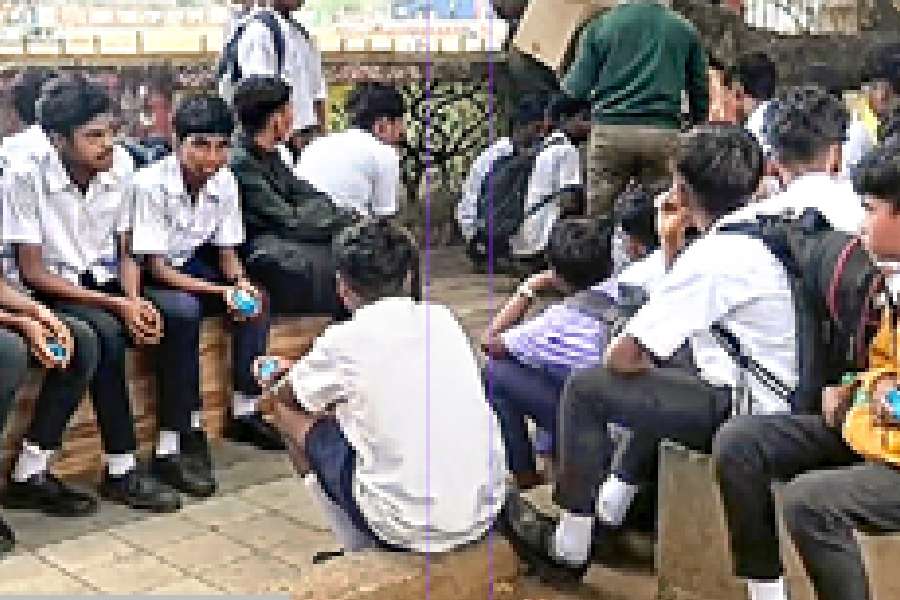 |
Gopal Krishna Bhagat, one of Calcutta’s oldest Xaverians and a thorough gentleman according to his contemporaries, lost his battle with colon cancer at a city hospital at 1.40am on Wednesday. He was 86.
Bhagat (in picture), a multi-faceted personality, had displayed his talents in diverse fields — including marrying ceramics with pottery in his family business, Bengal Potteries, after a stint with Ohio State University. This unconventional innovation changed India’s pottery industry forever — and for good.
He actively participated in different chambers of commerce in Calcutta, became president of the Indian Chamber of Commerce in 1968 and was on the board of directors of the State Bank of India and the Reserve Bank of India.
Before St. Xavier’s, he went to school in Dehradun where Raj Kapoor was a classmate.
Wife Roma, 81, said Bhagat loved to regale his family and friends with anecdotes from his school days, especially the ones on his bench-mate Raj Kapoor. “He would get very excited every time he narrated how Raj Kapoor got punished regularly for his antics in school,” she said at the family home on Rawdon Street on Thursday.
The couple’s three sons — Milan, Kabir and Tanvir — had also studied at St. Xavier’s Collegiate School in the city. Milan and Kabir are now settled in the US, while Tanvir lives in Singapore.
After school, Bhagat graduated in science from Government College, Lahore, in 1946. This was where Davis Cupper Naresh Kumar met him though they studied in the same school (St. Xavier’s) in Calcutta. “World War II was raging and Calcutta was getting bombed, forcing many of us to pack our bags to Lahore. Bhagat was three years my senior in school as well as in college,” Kumar said.
“Many years later, I met him at book launches at Oxford Bookstore. He was a big hit. He was extremely erudite and would ask pertinent questions,” he added.
Another schoolmate, K.G. Dossani, a former film distributor from Calcutta now settled in Mumbai, said Bhagat was a thorough gentleman who never thought twice to help someone in need. Bhagat persistently persuaded the Left Front government of the mid-90s to pay salary arrears of 4,500-odd labourers of Bengal Potteries after it was taken over by the state.
“His heart was heavy with emotion the day he got the money and distributed it among the workers, the very people who had supported a protracted labour unrest and subsequently forced him to close the factory. He said even union leaders touched his feet in gratitude, but lamented that had they been a little more reasonable the factory won’t have shut down (in 1993),” Roma recollected.










